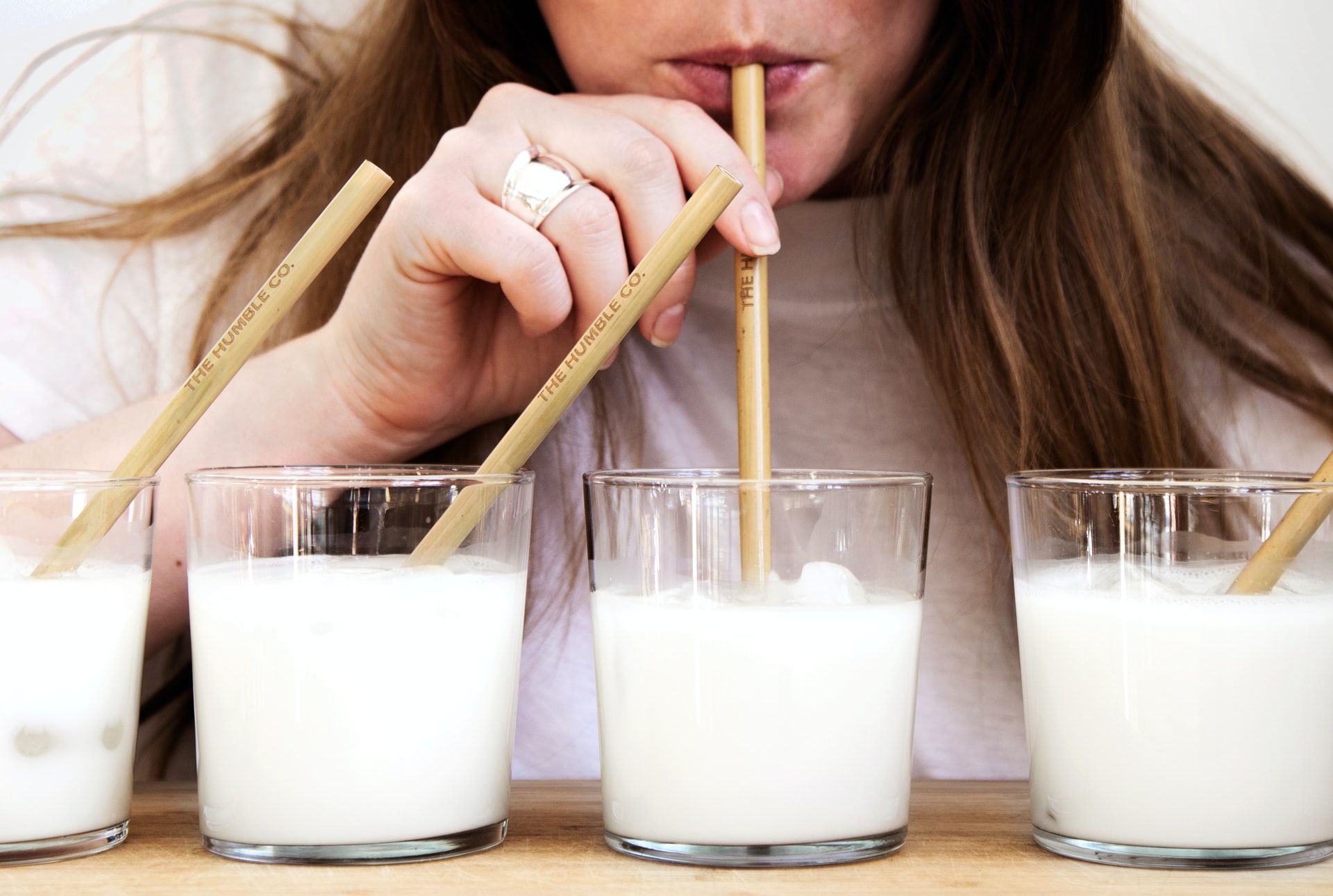Milk has been part of the human diet since around 7 500 years ago, when a genetic mutation began to appear in a Hungarian population, which allowed them to digest the milk sugar lactose. Researchers believe that this ability to digest milk gave them a distinct survival advantage, especially given the nutrient density of dairy products.
Drink your milk
‘Besides being hearty protein sources, dairy products have the highest calcium content’ of any food group, says Mbali Mapholi, who is a registered dietitian and spokesperson for the Association for Dietetics in South Africa. ‘Milk, at all fat levels, has about 300 mg of calcium per cup.’ Milk also contains significant amounts of vitamin B12, riboflavin, potassium and phosphorous. ‘These are important nutrients that build strong bones, and aid healthy bodily functions that lower the risk of certain chronic diseases such as Type 2 diabetes, hypertension and heart disease,’ says Mbali.
Get your dose
Some milk is also fortified with vitamin D, which is vital for the absorption of calcium into your system. ‘Calcium is absorbed into the body via the gut,’ Mbali says. Most South Africans get a healthy dose of vitamin D via daily sun exposure, but she says that if you’re not getting enough, you can easily augment it with fortified milk.
Check your sources
Dairy has had bad press over the past few years. ‘Dairy products have been linked to health issues such as sinusitis, but there is poor scientific evidence to support this,’ says Mbali. ‘They have also been linked to weight gain, but research shows that a healthy diet including low-fat dairy options actually promotes weight loss.’ If you cut dairy out of your diet, it’s important to ensure that you are getting all those essential vitamins and minerals from other sources. Foods that contain calcium include tofu, green leafy vegetables, fortified soy milk, sesame seeds, almonds, sardines, oranges, figs and molasses.
Are you Intolerant or allergic?
Lactose intolerance
‘You are intolerant when your body lacks lactase (the enzyme responsible for digesting the carbohydrate found in dairy products, called lactose),’ says Mbali. Symptoms of lactose intolerance occur 30 minutes to two hours after you’ve ingested milk and include bloating, cramps, gas and loose stools.
Dairy allergy
‘This involves the immune system,’ explains Mbali. ‘Your body sees the dairy protein as a dangerous intruder and responds with allergy symptoms.’ These can include hives, wheezing, itchy eyes and vomiting immediately after ingesting dairy products.
Words: Emily Bissett | Photography: Unsplash







